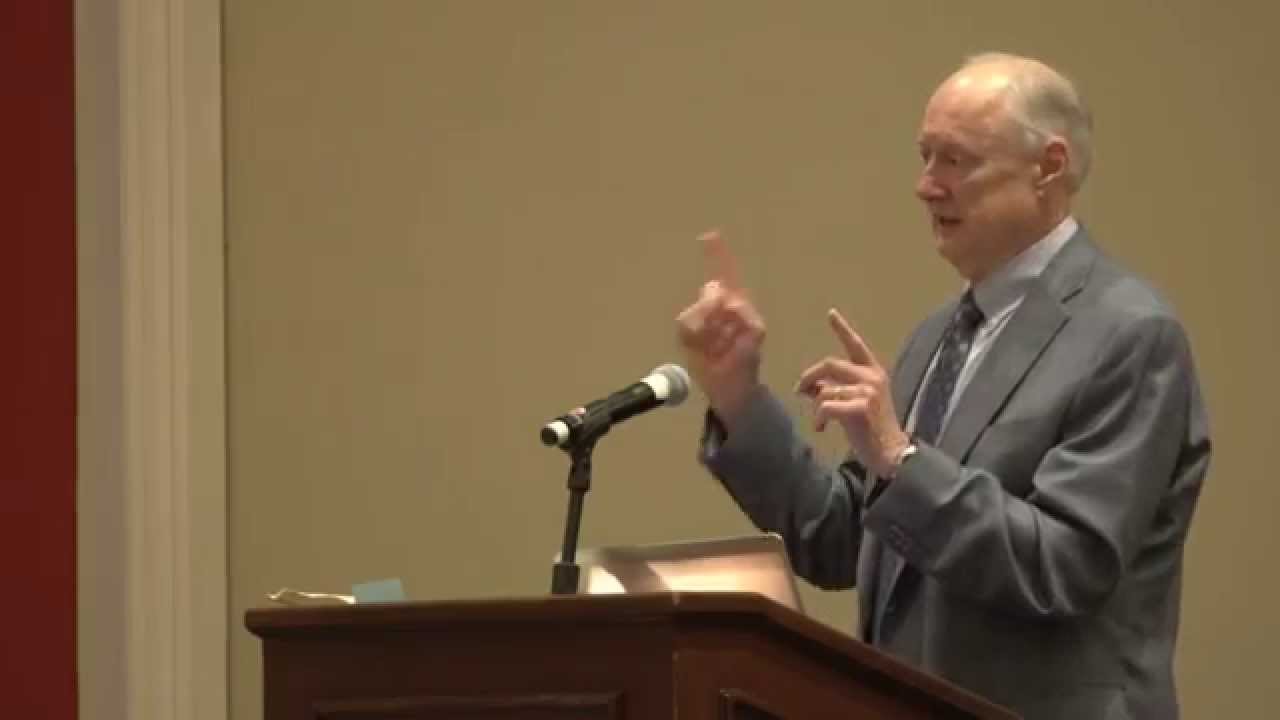Tag: Ecclesiology
Daily Gleanings (29 April 2019)
The content of the Lead to Win podcast is somewhat slanted toward entrepreneurs and other business leaders. But the content is often directly applicable to life in the academy. In that vein, they’ve had two episodes recently with some good advice on the topic of increasing focus and avoiding distraction: 3 Actions to Beat Your…
Hansen on Christian Community and Obedience
In commenting on Phil 2:12 in his recent Pillar series volume, Walter Hansen observes the following about Paul’s description of Christian community and obedience: The church is an eschatological community, a colony of heaven. But in order for the heavenly reality to be a present, earthly experience, believers need to work out the salvation promised…
%27%20fill-opacity%3D%27.5%27%3E%3Cellipse%20fill%3D%22%23141a3e%22%20fill-opacity%3D%22.5%22%20rx%3D%221%22%20ry%3D%221%22%20transform%3D%22matrix(-516.54955%20149.61226%20-59.15616%20-204.24187%20672.2%20712.4)%22%2F%3E%3Cellipse%20fill%3D%22%239da54b%22%20fill-opacity%3D%22.5%22%20rx%3D%221%22%20ry%3D%221%22%20transform%3D%22matrix(506.6505%20-267.65071%20126.8537%20240.12823%20679.8%2073.7)%22%2F%3E%3Cellipse%20fill%3D%22%23ad4311%22%20fill-opacity%3D%22.5%22%20rx%3D%221%22%20ry%3D%221%22%20transform%3D%22matrix(-138.9674%20-17.06305%2084.35147%20-686.98758%2075.6%20366)%22%2F%3E%3Cellipse%20fill%3D%22%23505572%22%20fill-opacity%3D%22.5%22%20rx%3D%221%22%20ry%3D%221%22%20transform%3D%22matrix(-67.4725%20148.05488%20-290.2143%20-132.25827%201137.2%20432.8)%22%2F%3E%3C%2Fg%3E%3C%2Fsvg%3E)
Snodgrass on a “Hermeneutics of Identity”
Klyne Snodgrass discusses a “hermeneutics of identity.” Snodgrass repeatedly observes the New Testament’s concern with issues related to identity.
Edwards on Faith and Justification
Since Michael Bird’s books are still in transit, cross-checking with Piper’s Future of Justification, 24–25 n. 30 (PDF), that Bird’s post (“Justification – Publications and Conferences”) mentions, here is the relevant Jonathan Edwards quote to accompany the other excellent remarks in Bird’s post: The design of the parable [of the Pharisee and the publican] is…
